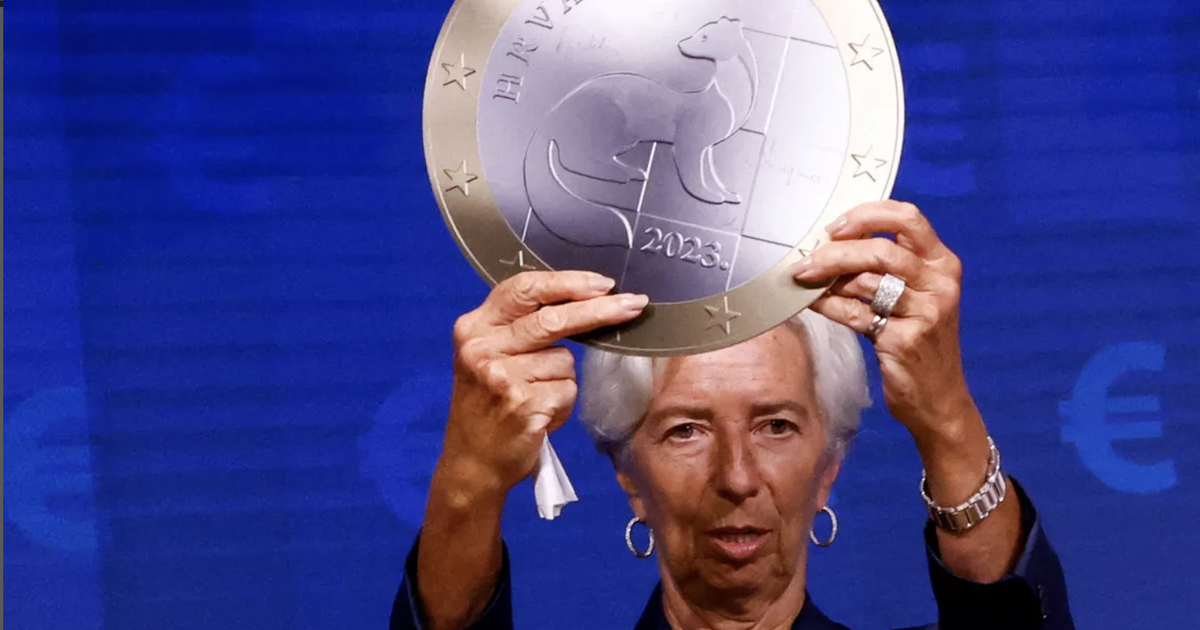The euro’s common budgetary rules were supposed to bring Europe’s economies closer together. The project has failed — and France bears part of the responsibility.
Listening to the debates in France over the past few days and weeks, one might think that the modest 2023 pension reform is the final straw for Macron’s ultraliberalism. Most members of Parliament, as well as public opinion, believe that working until age 63 represents such a considerable effort that it is indecent to ask for more. In Germany, last week, economists presented Chancellor Friedrich Merz’s government with a working paper advocating a gradual increase in the retirement age to 73 by 2060, in light of the birth deficit. The Minister for the Economy, Katherina Reiche, had until now supported raising the legal retirement age to 70, following the Danish model.
In recent decades, European countries have moved in more or less the same direction on the issue of pensions. In the 1980s, the rise in unemployment inspired numerous early retirement schemes, and even reductions in the retirement age. France pushed the principle to the extreme with François Mitterrand’s catastrophic lowering…
Cet article est réservé aux abonnés. Il vous reste 76% à découvrir.
Vous avez envie de lire la suite ?
Débloquez tous les articles immédiatement.
Déjà abonné ?
Connectez-vous
